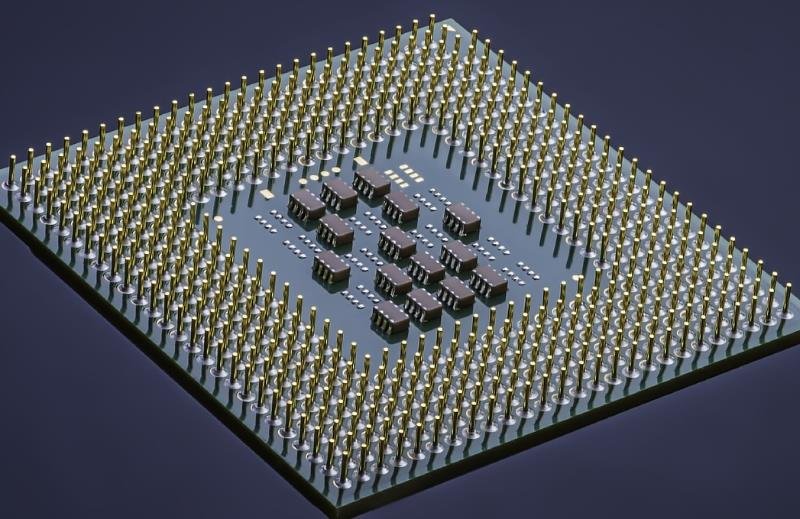Taiwan’s representative to the US, Alexander Yui, gave an interview to Reuters on Wednesday, in which he criticized China for failing to match Taiwan’s chip technology, despite investing huge sums of money. He said that China has tried to “cheat” and “steal” its way to catch up with Taiwan, but has not succeeded, due to the US efforts to curb Beijing’s development of advanced technologies.
The interview came amid the rising tensions and competition between China and Taiwan over the semiconductor industry, which is vital for the global economy and security. Taiwan is the world’s leading producer of advanced chips, which are used in smartphones, computers, cars, and other devices. China, on the other hand, is the world’s largest consumer of chips, but relies heavily on imports, especially from Taiwan.
China has been trying to reduce its dependence on foreign chips, by investing billions of dollars in its domestic chipmakers, such as Semiconductor Manufacturing International Corp (SMIC). However, China’s chipmakers have faced many challenges and obstacles, such as US sanctions, technical difficulties, and talent shortages.

The claims and the evidence
Yui claimed that China’s chipmakers have “basically floundered”, and that they have not been able to make viable next-generation processors, such as 5-nanometer chips, which are currently produced by Taiwan’s TSMC. He said that China’s chipmakers have resorted to unethical and illegal methods, such as “cheating”, “copying”, and “stealing” technology from Taiwan and other countries.
Yui’s claims were supported by some evidence and examples, such as:
- The US government has imposed export restrictions on SMIC and other Chinese chipmakers, over their alleged links to China’s military and human rights abuses. The US has also banned some of its companies, such as Qualcomm and Intel, from supplying technology and equipment to China’s chipmakers, without a special license.
- Taiwan’s spy catchers have investigated and arrested several Chinese companies and individuals, who were suspected of illegally poaching and recruiting semiconductor engineers and other tech talent from Taiwan, by offering them high salaries and incentives.
- Taiwan’s authorities have also seized and confiscated some chip-making machines and materials, that were smuggled from Taiwan to China, by using fake labels and documents.
The reactions and the implications
Yui’s interview provoked some reactions and implications, both positive and negative, such as:
- Some Taiwanese officials and experts welcomed and praised Yui’s interview, as they saw it as a way of highlighting Taiwan’s achievements and advantages in the chip industry, and of exposing China’s weaknesses and threats.
- Some Chinese officials and experts condemned and dismissed Yui’s interview, as they saw it as a way of spreading lies and propaganda, and of undermining China’s progress and potential in the chip industry.
- Some US officials and experts appreciated and endorsed Yui’s interview, as they saw it as a way of reaffirming the US-Taiwan partnership and cooperation in the chip industry, and of challenging China’s ambitions and aggression in the region.
Yui’s interview also reflected and influenced the ongoing and future developments and trends in the chip industry, such as:
- The increasing demand and supply gap for chips, due to the Covid-19 pandemic, the trade war, the climate change, and the technological innovation, which have disrupted and boosted the chip market and production.
- The intensifying rivalry and collaboration among the chip players and stakeholders, such as the US, China, Taiwan, Japan, South Korea, and Europe, which have competed and cooperated in the chip industry, by imposing and easing tariffs, sanctions, and regulations, and by forming and joining alliances, initiatives, and platforms.
- The evolving innovation and regulation in the chip technology, such as the development and adoption of new and advanced chip architectures, designs, and materials, and the implementation and enforcement of new and stricter chip standards, policies, and laws.








